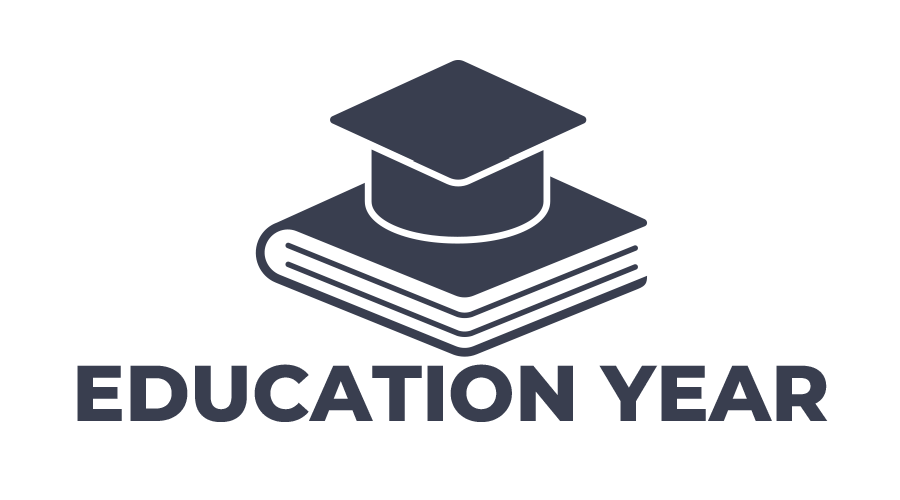
Cloud solutions have presented themselves as powerful in the context of the contemporary educational setting as they can redefine many processes of schools. With the world advancing more and more in technology, it has been almost a necessity these days for educational institutions to adapt to using cloud computing which in turn has made it easier for institutions to manage their work flow, interact with their students and academics as well as offering a good learning experience for their students. Discover ways how productivity and efficiency of the administrative work may be increased to support students’ learning process, how the data management process may be enhanced to become the foundation and how the learning process may be made more vibrant and engaging.
Scalable and Cost-Effective Infrastructure:
The traditional on-premise IT environment can be costly, rigid and unsuitable for organizations that have limited capital for large one-time investments in machinery and software, as well as human resources. Cloud-based free management system and solutions are cost effective and more suitable for institutions. It is much more adaptable as through using cloud systems, schools can easily make increases and reductions to their IT supply depending on the current need so that they can avoid situations where they spend a lot of money on IT resources only to find they are not utilized much or in situations they are weighed down by the demand for their resources more than they can handle.
Centralized Data Management and Accessibility:
One of the most significant benefits of cloud computing is the outstanding feature of data centralization where data is kept in a central location accessible from any place in the world. In terms of record storage and curriculum, cloud provides a guarantee of security free from complicated on-premise servers and databases. It not only incurs less cost on the consumption of resources needed for hardware maintenance and constant replacement but also protects the data from physical destruction or from possible failure of the hardware.
Enhancing Collaboration and Communication:
Leadership is important for fostering common understanding among the staff and pupils since this provides a framework for harmony especially in learning environments. The ways, means, methods, solutions which are available in the cloud, actually provide a strong base for bringing together teachers, learners and parents, across geographical constraints, in hopes of real time interactions. Edtech tools such as cloud-based document management, shared calendars, collaborative portals, lesson planning software, and feedback tools allow educators to collaborate on lesson plans and share resources and feedback.
Empowering Data-Driven Decision Making:
It is necessary to have structured data analysis integrated into decision-making processes to improve educational results and develop a proactive approach. Cloud-based solutions offer rich analysis and submission traits that may aid schools to gain more perception on their students, funds, and performance. One of the biggest opportunities that cloud can bring to the schools is that by using learning management system (LMS), accounting management system, and student information system (SIS), schools can gather a tremendous amount of data, not only the attendance records, the assessment scores, or the learning progress metrics. The raw data can be analyzed and presented in real-time in the forms of dashboards and reports so as to help educators and administrators to understand the overall performance of the students.
Robust Security and Compliance:
Appropriate student information and institutional data must be kept secure. The solution is cloud based and has very strong security features and compliance components that can help to reduce the risks that come along with the breaches of security and other forms of compliance failures. Top cloud service providers typically spend significant amounts towards implementing highly effective and efficient security approaches such as encryption, multi-factor authentication, and smart threat detection solutions. They assist in sheltering data from accessibility by unauthorized individuals, other malicious intents online, and cyber activities that compromise the privacy of the records of students and information of the institution.
Education environment is significantly different from the past and it is imperative for schools to adopt the cloud solutions not merely as an option, rather it has become essential to enhance its functionality and to provide the students a better learning environment. Ultimately, cloud empowers the institution to an effective structure and learner-friendly academic environment towards producing future learners today. That being said, the educational institutions that will adapt to cloud solution as the primary means of providing technology will be apt to provide the necessary foundation that will enhance their students’ relevance in a world that is quickly moving to the technological realm.

